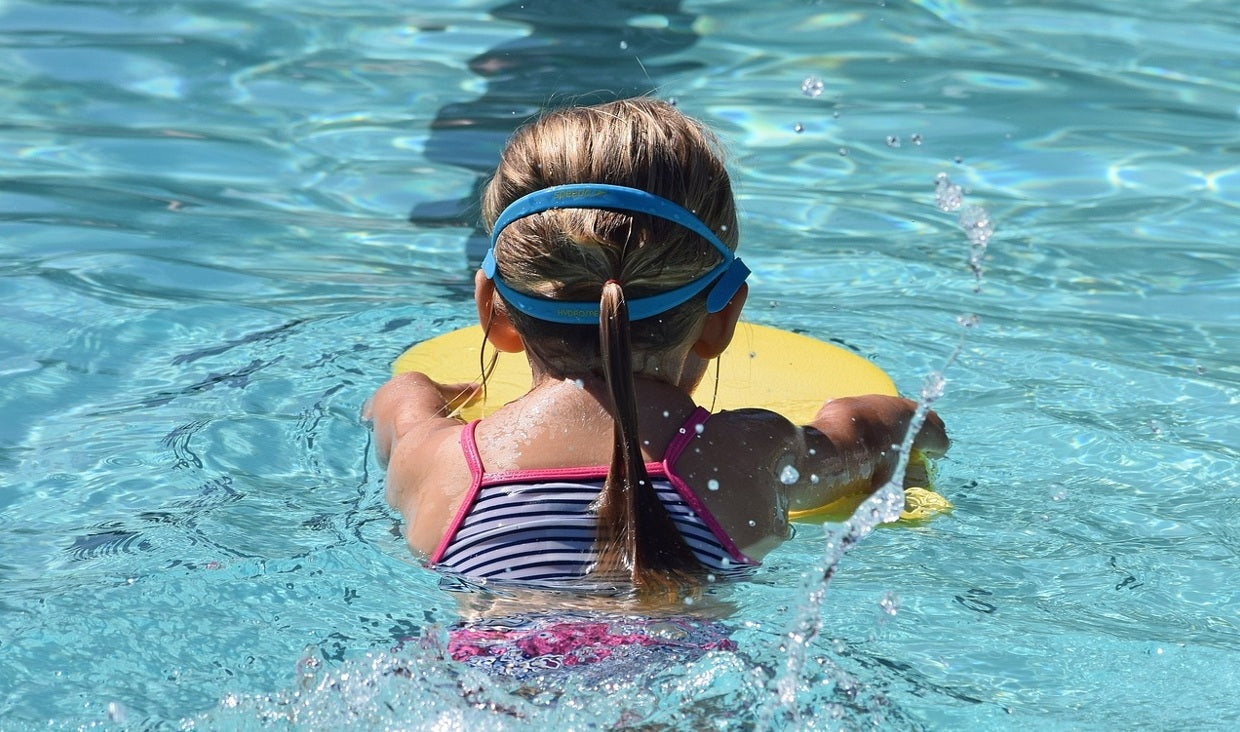Your pool is likely one of your favourite features of your home. It increases its value, provides recreation and enjoyment to family and friends, and is a great place for exercise and relaxation, right in your backyard.
But this doesn’t mean that everything about your pool is carefree. Pools require significant maintenance, and having the right tools to perform this maintenance makes all the difference. A saltwater chlorinator is one of the best options for caring for your pool. If you’re considering investing in a salt chlorinator, here’s what you need to know.
What Are Salt Chlorinators?
Salt or saltwater chlorinators use salt to produce chlorine for your pool. For many pool owners, chlorinating the pool is a manual job. They periodically add chlorine by hand, having to measure it out and dump the correct amount into the pool.
Salt chlorinators allow you to automate this process by using salt to produce chlorine for your pool through electrolysis. They contain a titanium cell that you install in your filtration system.
As water passes through this cell, the salt is converted into chlorine gas. This gas dissolves in the pool water, sanitizing and killing algae, bacteria, and other contaminants, just as manually added chlorine would.
It might sound like a saltwater chlorinator will mean you’re turning your freshwater pool into a saltwater pool., but this isn’t the case. The salt content in your pool with a salt chlorinator is much lower than in a saltwater pool and only about a tenth of what you’d find in sea or ocean water. When using a salt chlorinator, you’ll detect no salt in your freshwater pool.
What Makes Salt Chlorinators Eco-Friendly?
Salt chlorinators are known for being a more environmentally friendly option for chlorinating your pool. There are several reasons for this:
Fewer Chemicals
Salt chlorinators significantly reduce the need for chemical additives in your pool, which is one of the primary environmental concerns of pool maintenance. The traditional method of chlorinating your pool requires adding a lot of chlorine to the water, stabilizers, and other chemicals.
These harsh chemicals can irritate your skin and contribute to pollution. Salt chlorination is all done onsite, so there’s no need to transport chemicals; you don’t need to add chemicals to the water constantly.
Minimize Waste
It’s a common mistake for pool owners to add too much chlorine or other chemicals to the pool water. You might even need to flush some excess into sewer systems, an environmental hazard.
Salt chlorinators require no chemicals to be measured or added. They also produce chlorine at a lower, more stable concentration, so there’s no chemical residue, buildup, or harmful runoff.
Reduce Energy Consumption
Salt chlorinators require electricity but are very energy efficient for pool owners with variable-speed pumps. Many are designed to consume as little energy as possible and allow you to run your pump at a lower speed without affecting your pool's chlorine level.
Extend the Life of Your Pool
Salt chlorinators protect your pool equipment by helping you maintain a balanced water chemistry. Too much chlorine wears out filters, pool liners, and other equipment. Keeping your water balanced and healthy is ideal for you and your pool.
What Should You Consider Before Buying a Salt Chlorinator?
You’ll want to consider several things before investing in a salt chlorinator. For instance:
Cost
Salt chlorinators are initially more expensive than traditional chlorination systems. They range in cost from $500 to $2500, depending on the specific model and the size of your pool, not including installation. However, this type of system tends to save you money over time.
In addition to the initial cost, you’ll also want to factor in maintenance and replacement costs. Salt chlorinators require less maintenance than traditional options but will require some upkeep. You’ll need to replace the salt cell every three to seven years.
Corrosion
One of the biggest concerns related to salt chlorinators is corrosion. Over time, saltwater corrodes certain materials, especially metal. This means pool accessories like lights, heating elements, and ladders could be affected. If you upgrade to a salt chlorinator, regularly inspect these things for corrosion.
Water Balance
Maintaining chemical balance with a salt chlorinator is easier, but you’ll still need to monitor the levels. Ensure you keep an eye on the water’s pH, alkalinity, and calcium hardness so you don’t need to worry about scaling or damage to the pool or equipment.
Salt chlorinators are an excellent option for people who want a cost-effective, eco-friendly, and lower-maintenance way to keep their pools sanitized and safe. If you’d like to know more about upgrading to a salt chlorinator, give us a call.

